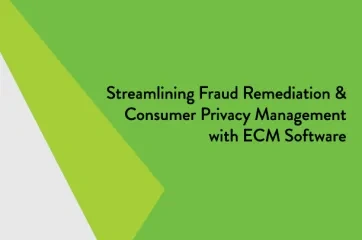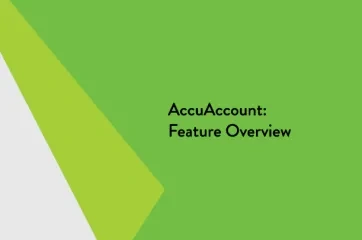Typically, a loan review is conducted on commercial loan files, either internally by bank or credit union staff, or by hired third-party auditors. These investigators check for completeness of loan documentation and/or evaluate loan performance. Financial institutions conduct loan reviews to uncover vulnerabilities in their loan portfolios. Proactively identifying and correcting such weaknesses helps to ensure adherence to applicable regulations while also mitigating risk.
Why is a Loan Review Performed?
Generally, there are two types of loan reviews:
- The first is a compliance review, in which the goal is to make sure all regulatory requirements have been met and the associated documentation is complete and in order.
- The second—and more common—type of review is for safety and soundness. This means a segment of the financial institution’s loan portfolio is inspected to discover any credit weaknesses that may have arisen. Within the commercial loan category, larger loans usually receive the most scrutiny, since the bank or credit union will be impacted more if one of these loans default. In cases of poor loan performance, reviewers may recommend a variety of actions, such as loan reclassification or a downgrade of a borrower’s credit.
Bank or Credit Union-Employed vs. Third-Party Reviewers
Some financial institutions utilize a team of internal auditors. However, this situation can lead to internal friction by putting reviewers at odds with their own employer. For example, managers, institution presidents, and/or chief officers may take offense at an employee questioning the soundness of a loan.
As a result, most banks or credit unions hire an external CPA firm to perform their loan reviews. External auditors are truly neutral and able to provide their unbiased professional advice. Reviewers from a third-party audit firm also eliminate internal politics from interfering with the audit.
External Audits
In addition to loan reviews initiated by the financial institution itself, banks and credit unions are also subject to compulsory audits that are required by state or federal law. For example, national institutions might be audited by the OCC, whereas state-chartered banks and credit unions will interact with state examiners and the FDIC. In fact, the state examiners and FDIC will often work in concert to keep the audit efficient.
Loan Management Resources
For more information about loan management best practices, be sure to check out our extensive resource library with free document tracking spreadsheets, whitepapers, and eBooks.
Searching for more banking definitions? Check out our banking definitions page.














